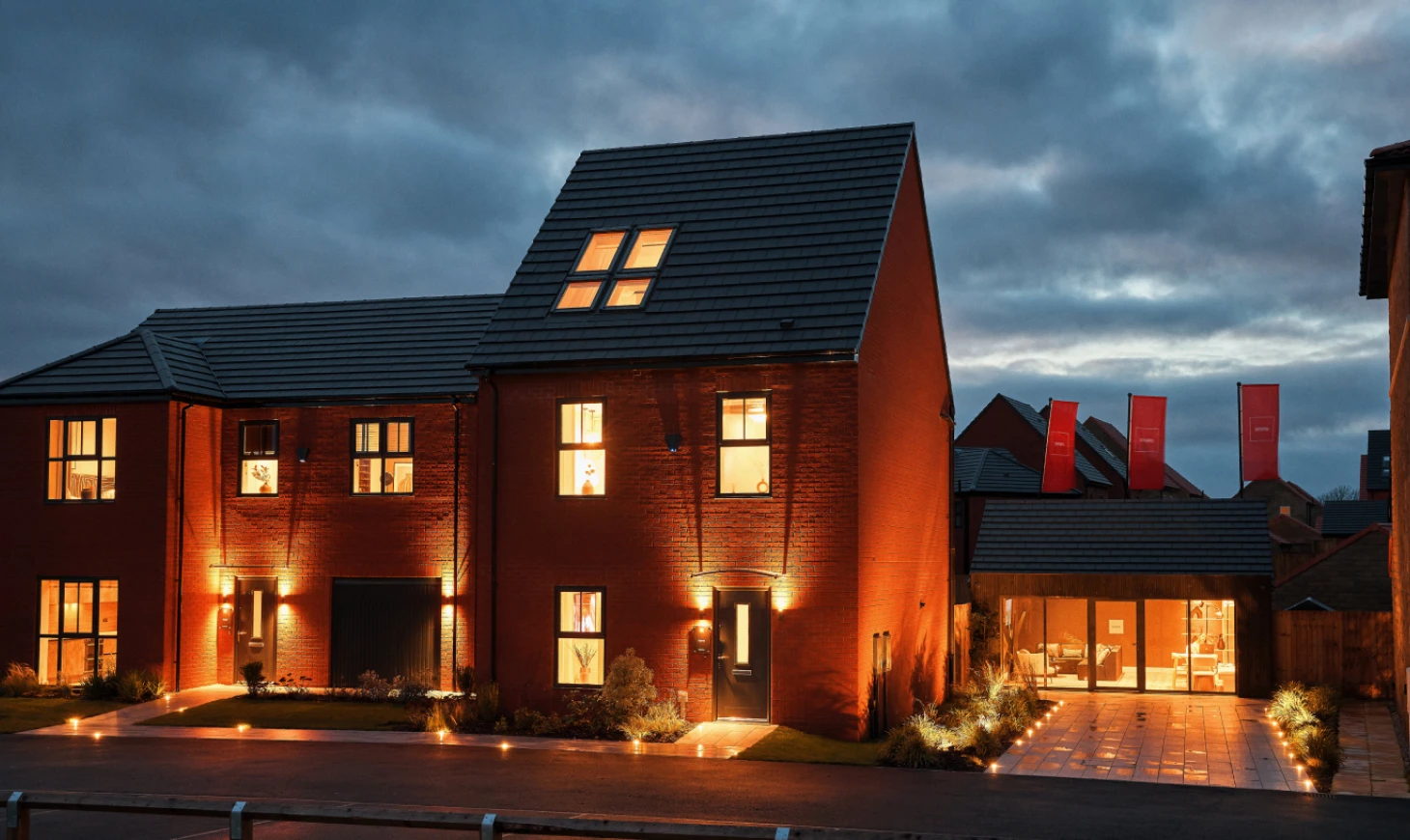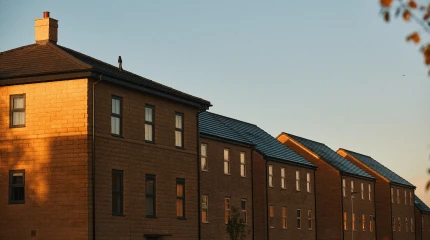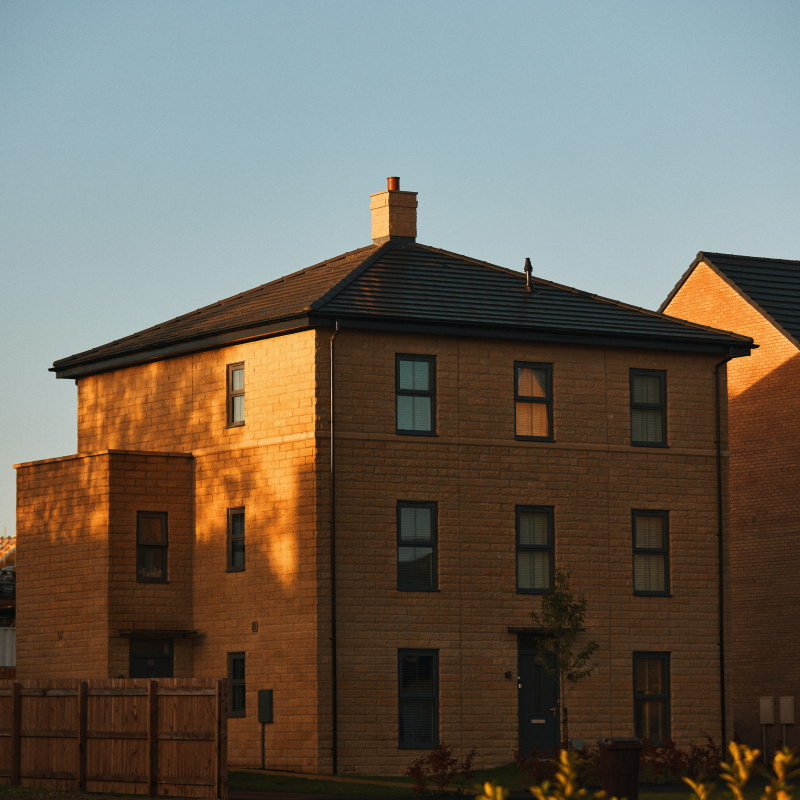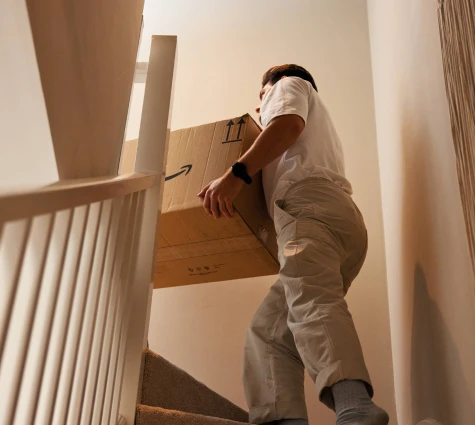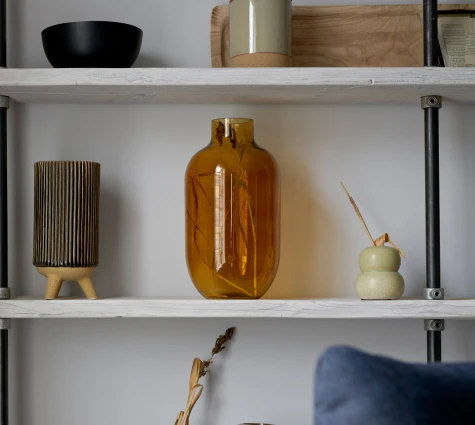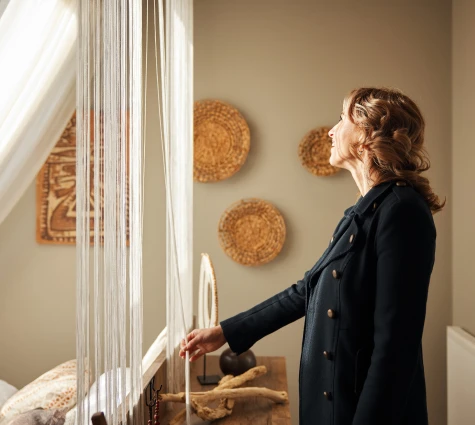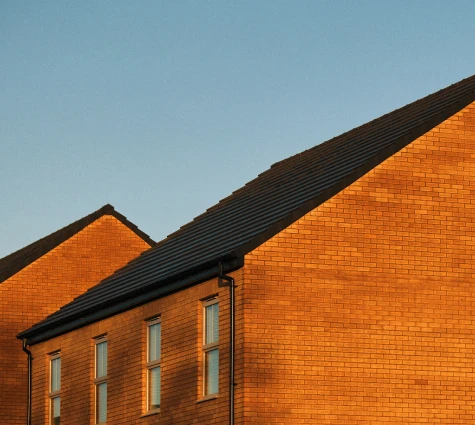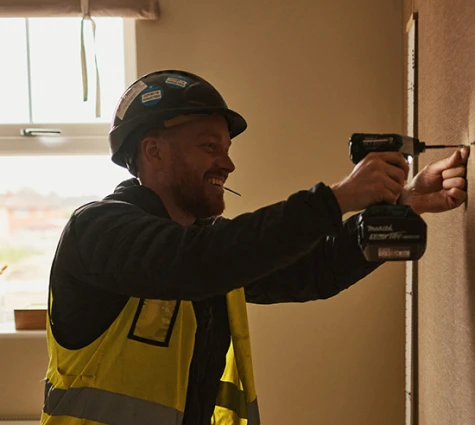So do higher mortgage rates mean it’s all bad news?
Definitely not! Although interest rates have increased, lenders are doing their bit to try and better support first time buyers. For example, they’re offering longer mortgage terms. There was a time when a 25 year mortgage term was all that was available, but now there’s 30, 35 and even 40 year mortgage terms to choose from in order to keep prices competitive.
Builders are also offering incentives, which weren’t available when interest rates were cheaper. For example, a 5% discount on a property was not available a year ago, but is today. And you can also get contributions from the homebuilder towards your deposit too. These incentives offered by home builders in the current market offset the rise in cost that comes with current mortgage rates.
Green mortgages are also available. Under a green mortgage, a bank or mortgage lender offers a house buyer preferential terms, for example a discount of 0.1-0.2% and are willing to lend more on home with an energy rating of A or B EPC. A home with an energy rating of A or B EPC also means lower utility bills, which can again help to offset rising costs elsewhere. And the really good news is that all Strata homes have an A or B EPC rating, meaning that a Strata home is a real investment.
So whilst at surface level it can seem as though there’s no good news when it comes to trying to get on the property ladder, there’s actually a whole lot more available than there ever was when mortgage rates were lower. So whilst mortgage rates have risen recently, there’s options out there to give you a boost onto the property ladder. So, if becoming a homeowner sounds like it’s the right choice for you, now’s the time to take a look at our collection of spacious and contemporary homes and find the home you’ve been waiting for.


